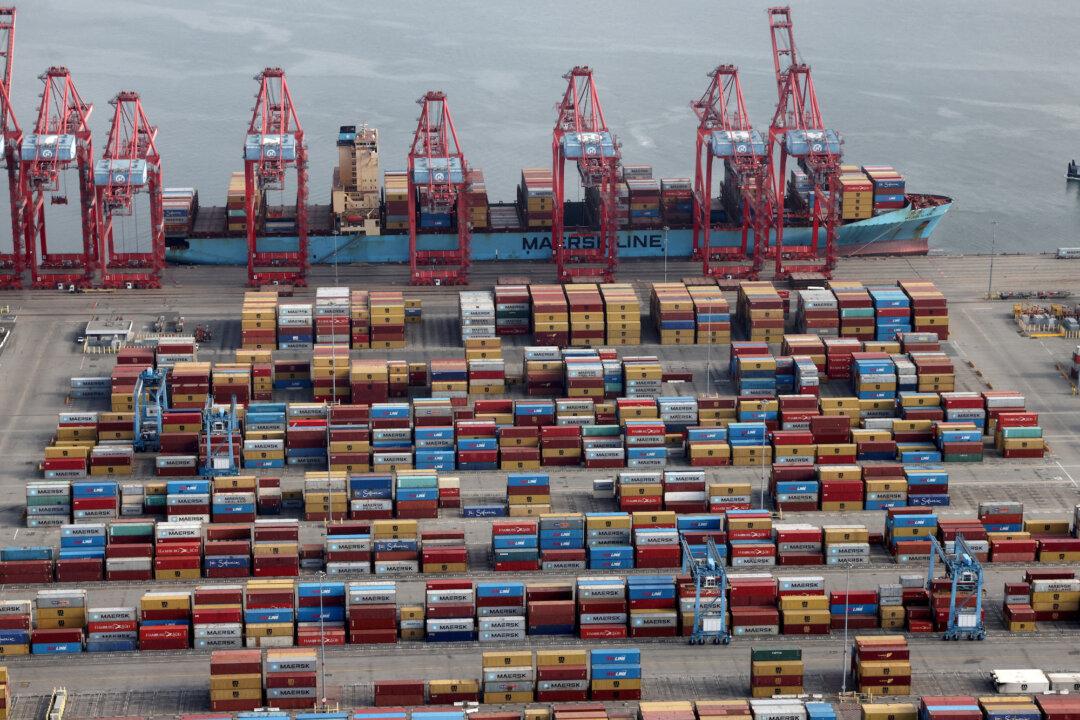Cargo-processing operations at U.S. West Coast ports have been affected following disruptions by workers as they negotiate new contracts.
West Coast port dockworkers belonging to the International Longshoremen and Warehouse Union (ILWU) continued their “coordinated work action to disrupt operations” for the fourth day on Monday, according to a June 5 statement from the Pacific Maritime Association (PMA), which represents shipping industry employers on the Pacific Coast. Worker actions have “slowed operations at key marine terminals at the ports of Los Angeles and Long Beach and elsewhere on the West Coast, including the ports of Oakland and Seattle.”





